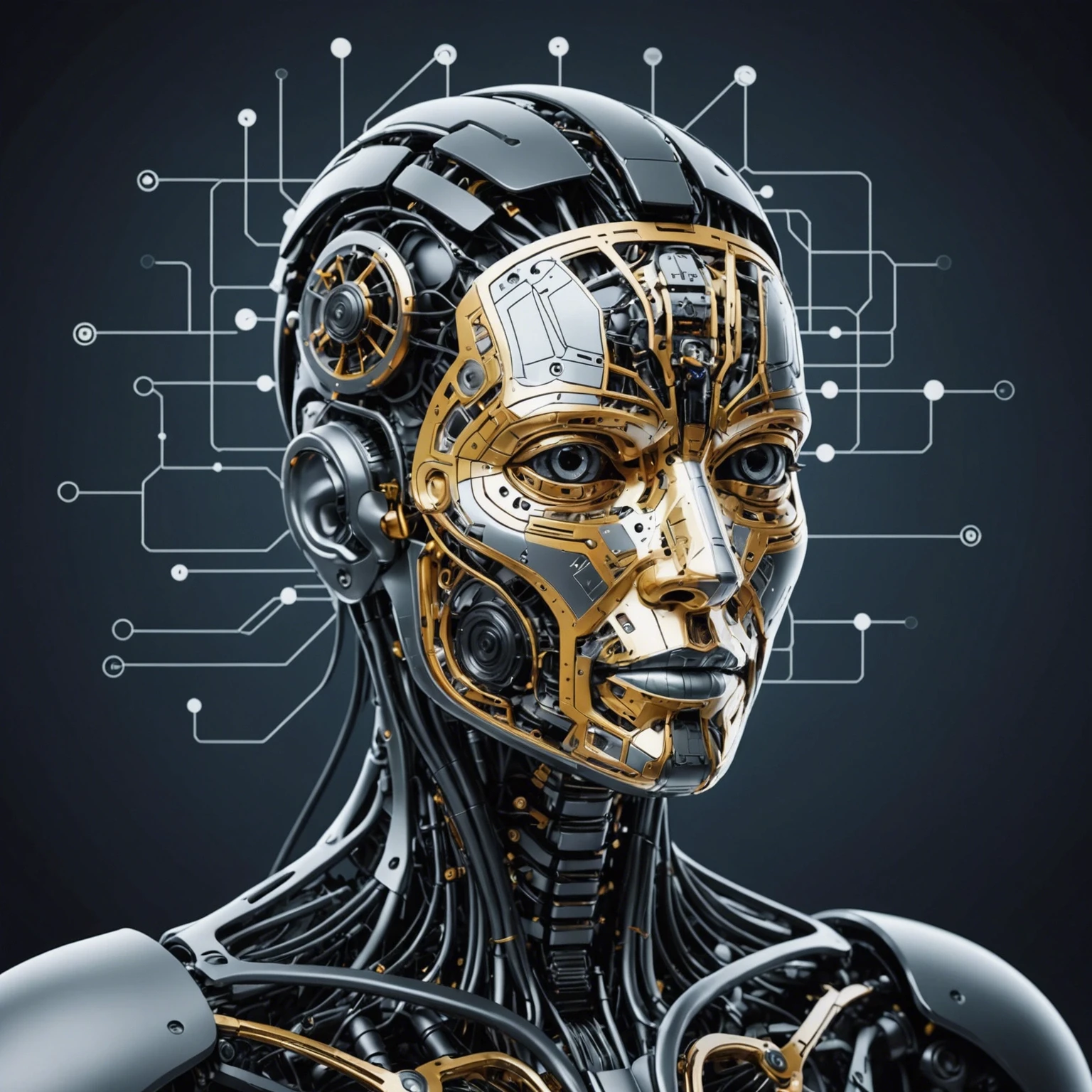Maximizing Ad Engagement with Generative AI: The Secret to Captivating Copy
Feb 12, 2024

Marketing campaigns are a crucial aspect of any business, as they help to promote products or services, build brand awareness, and ultimately drive sales. However, as businesses grow and expand, the challenges of scaling marketing campaigns become increasingly complex. How can businesses reach a larger audience while maintaining consistency and personalization? How can they keep up with the ever-changing consumer behaviors and preferences? This is where automation and artificial intelligence (AI) come into play.
In recent years, automation and AI have revolutionized the marketing landscape, providing businesses with powerful tools to scale their campaigns and reach a wider audience. These technologies have the potential to transform the way businesses approach marketing, making it more efficient, effective, and personalized. In this blog post, we will explore the role of automation and AI in scaling marketing campaigns, the key issues and debates surrounding the topic, and practical recommendations for businesses looking to leverage these technologies.
The Role of Automation in Scaling Marketing Campaigns
Automation refers to the use of technology to automate repetitive or manual tasks, such as email marketing, social media management, and data analysis. By automating these tasks, businesses can save time and resources, allowing them to focus on more strategic activities. Automation also enables businesses to send personalized and timely messages to their target audience, which is crucial for scaling marketing campaigns.
One of the key benefits of automation is its ability to streamline and optimize marketing processes. For instance, businesses can use automation tools to segment their audience based on demographics, behavior, or interests, and deliver targeted messages to each segment. This not only helps to increase the relevance and effectiveness of marketing campaigns but also saves time and resources by eliminating the need for manual segmentation.
Another important aspect of automation is its ability to track and analyze data in real-time. With the help of AI-powered tools, businesses can gather valuable insights on consumer behavior, preferences, and engagement levels. This data can then be used to optimize marketing campaigns and make data-driven decisions, ultimately leading to better results and a higher return on investment (ROI).
Debates and Challenges Surrounding Automation and AI in Marketing
While automation and AI offer numerous benefits for scaling marketing campaigns, there are also some concerns and debates surrounding their use. One of the main concerns is the potential loss of the human touch in marketing. Some argue that automation and AI can lead to a lack of personalization and authenticity, which can negatively impact consumer trust and loyalty. However, this issue can be addressed by using automation and AI as tools to enhance human efforts, rather than replacing them entirely.
Another debate is the ethical implications of using AI in marketing. As AI becomes more advanced, there is a risk of it making decisions that are biased or unethical. For instance, AI-powered algorithms may unintentionally target certain demographics or perpetuate stereotypes. To address this issue, businesses must ensure that their AI tools are developed and trained with ethical considerations in mind.
Practical Implications and Recommendations for Businesses
In order to successfully scale marketing campaigns using automation and AI, businesses need to have a clear understanding of their goals and target audience. This will help them choose the right automation tools and develop a data-driven strategy. It is also important to regularly review and optimize marketing campaigns based on the insights gathered from AI tools.
Businesses should also prioritize building and maintaining a strong brand reputation, as this can help to build trust and credibility with consumers. Automation and AI can assist with this by providing businesses with real-time data and insights on consumer sentiments and feedback. This information can be used to improve products or services and enhance the overall customer experience.
Lastly, businesses should also invest in employee training to ensure that their teams are equipped with the necessary skills to leverage automation and AI effectively. This will not only help to improve the efficiency and effectiveness of marketing campaigns but also ensure that human efforts are not replaced but enhanced by technology.
Conclusion
Automation and AI have transformed the way businesses approach marketing, offering numerous benefits for scaling campaigns and reaching a wider audience. However, there are also debates and challenges surrounding their use, such as the potential loss of the human touch and ethical implications. To successfully leverage these technologies, businesses need to have a clear understanding of their goals and target audience, regularly review and optimize campaigns, and invest in employee training. As technology continues to advance, it will be interesting to see how automation and AI will further shape the marketing landscape and drive business growth.